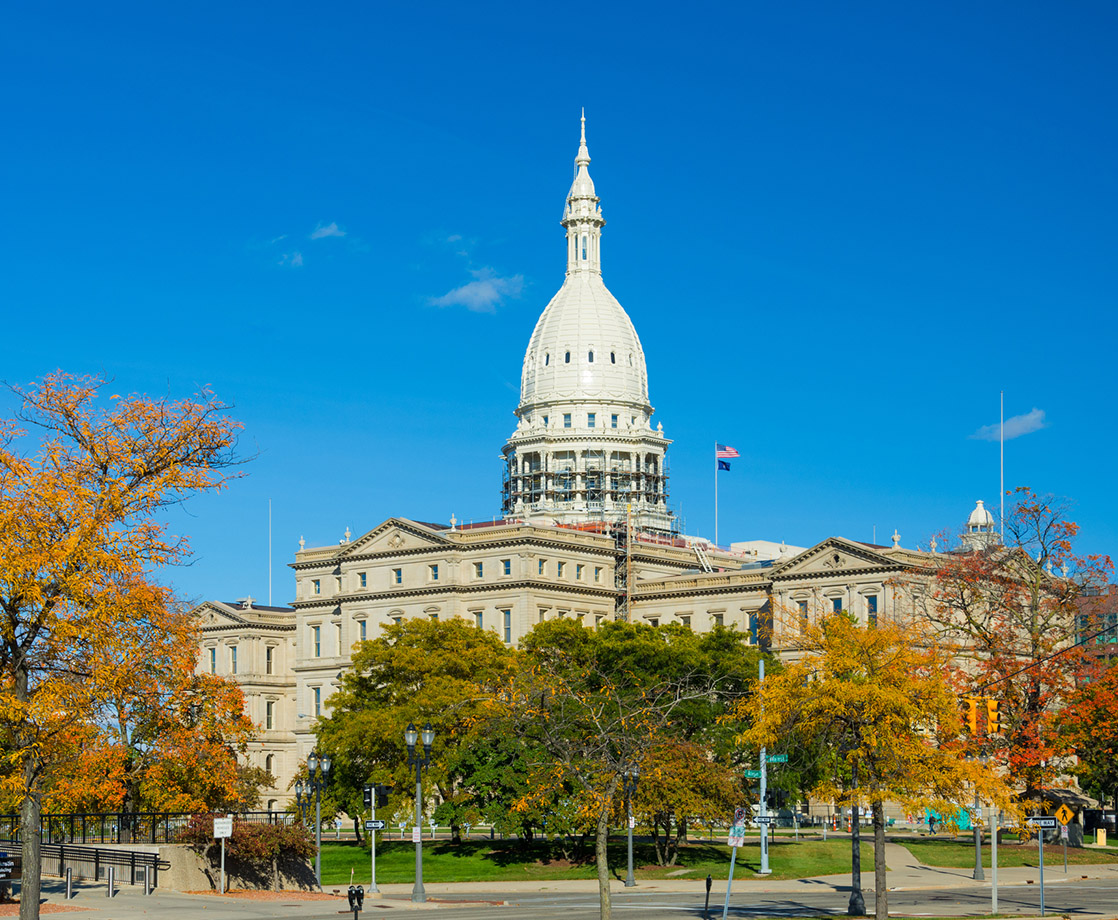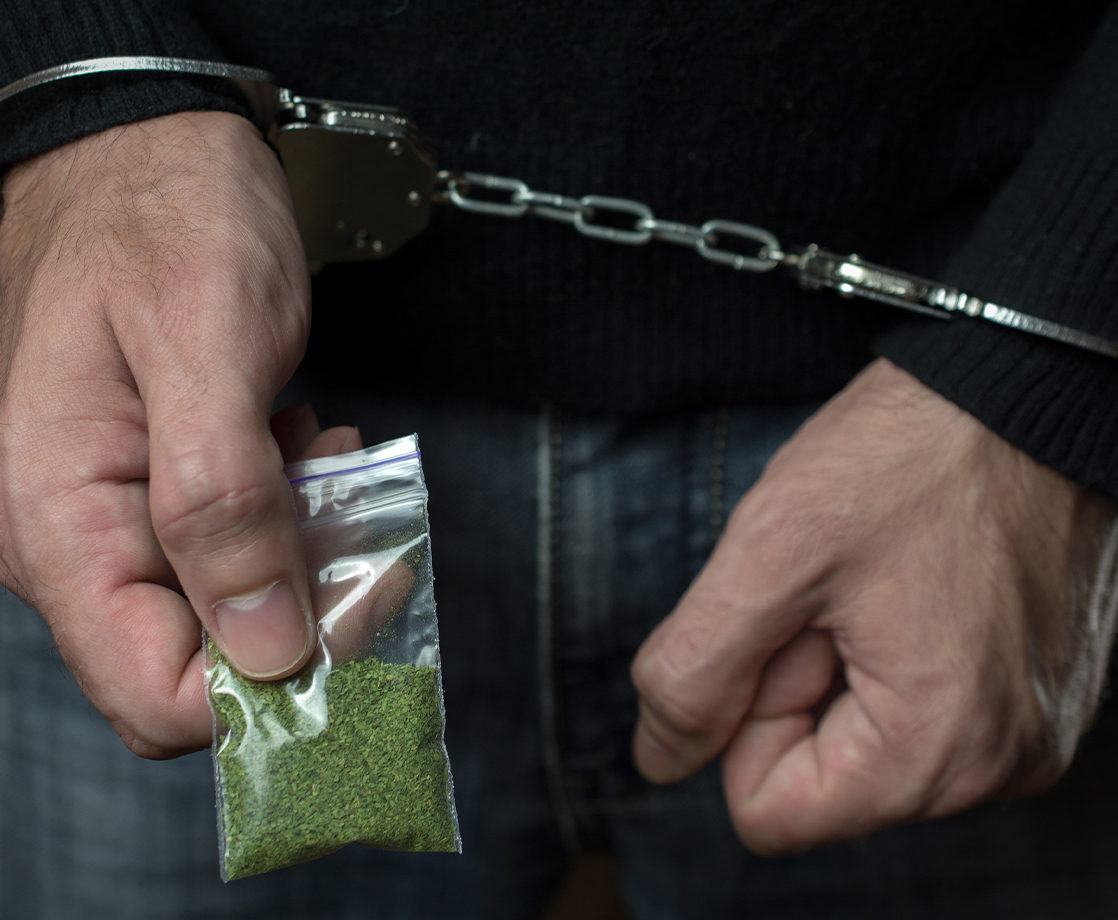This Tuesday, several candidates running for governor in Michigan held a forum-style discussion on the topic of cannabis legalization. The forum also doubled as a fundraiser for the MILegalize 2018 campaign, which is working to put a measure to legalize adult use of cannabis on next year's general election ballot. Speaking at the meeting were four Democratic candidates — Gretchen Whitmer, Abdul El-Sayed, Shri Thanedar, and Bill Cobbs — and one Republican, Evan Space.
"We've seen other states do it wrong," said Gretchen Whitmer, former state Senate Minority Leader. "In Michigan, we've got a chance to do it right." Abdul El-Sayed, doctor and former Detroit Health Department director, said that he has personally seen how effective cannabis is at treating seizures, and that legalization would make it easier to conduct medical research. El-Sayed also noted that the legalization effort "has become a civil rights issue," due to the disproportionate impact of cannabis law enforcement against low-income and minority communities.
Bill Cobbs, a former Detroit police officer, also spoke about the failures of cannabis prohibition. "Most cops don't want to arrest people for marijuana because we understand what it does to somebody's life when we give them a criminal record this insignificant," he said. Evan Space, the only Republican candidate to speak at the forum, said that as a military veteran, he supported improving veterans' access to cannabis for the treatment of PTSD.
Shri Thanedar, scientist and Democratic candidate, said that scientific facts fully supported legalization. Thanedar also said that he would "make sure we support the small businesses, we support the entrepreneurs and we fight any kind of attempt by the federal government to take away people's rights."
Whitmer also noted that the legalization of cannabis would provide a serious boost to the state's economy. "This is an opportunity to go a step further and say, here in Michigan, we're going to embrace the legalization, but we're also going to grow our economy," she said. Space agreed, noting that the legalization measure would also legalize industrial hemp production. "Let's turn it into an agricultural boom," he said. "Michigan already grows corn. Why not turn our state greener and improve our environment?"
The lead Republican candidate for governor, Attorney General Bill Schuette, was invited to attend the forum, but did not respond. Schuette campaigned against the state's successful legalization of medical cannabis in 2008, and has said he believes that legalization will make it easier for minors to get access to marijuana. At the forum, Whitmer said that Schuette had "thrown up barrier after barrier" to block medical cannabis patients' access to marijuana. Schuette has distanced himself from the current legalization debate, however, saying that the issue should be left to the state's voters.
Sam Pernick, political organizer for MILegalize, predicted that having a cannabis legalization measure on the 2018 ballot would draw first-time or occasional voters out to the polls. "Republicans who were sternly opposed are now neutral, and Democrats who were neutral are now strongly supportive," he told the Detroit News. "We do have many Republicans with a more libertarian bent who are supportive too." The candidates were also extremely positive about the legalization measure's chance of success. "I already know we're going to legalize. That's a done deal," El-Sayed said. "What I want to talk about now is what happens next."
In 2016, MILegalize collected 350,000 signatures to get a cannabis legalization measure on that year's ballot. Many of these signatures were thrown out after a legal challenge, however, preventing the measure from making it onto the ballot. This year, the organization must again collect at least 252,523 signatures and survive any legal challenges in order to place the measure on next year's ballot.










